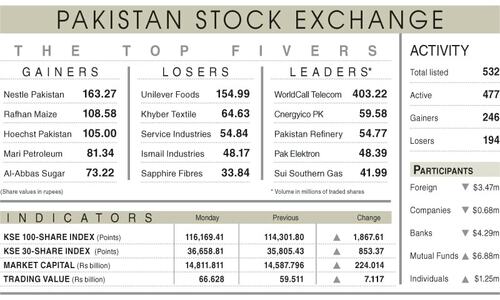MANILA, Feb 29: Robust near-term economic growth should drive strong foreign direct investment flows into South Asia despite corruption, poor infrastructure, rigid labour laws and civil unrest, the Asian Development Bank said Friday.
FDI flows into the Indian sub-continent had risen rapidly since 2004, growing by 132.9 per cent in 2006 to $24.3 billion as economies moved away from the failed closed socialist model, the Philippines-based lender said in a study.
However, its share of FDI stock remained low at just 6.5 per cent of South Asia’s gross domestic product (GDP), compared to Southeast Asia’s 39.5 per cent of GDP and East Asia’s 29.1 per cent of GDP.
It said political uncertainties and security challenges were “likely to hinder FDI in Afghanistan, Pakistan and Sri Lanka”.
Nevertheless, projected GDP growth of 8.1 per cent for 2007 and 2008, along with double-digit export growth over the same period should “enable the region to attract more FDI, especially if intra-firm and intra-regional trade increases,” the report said.
It said United Nations and World Bank surveys showed South Asia was the world’s “least attractive FDI destination” and the “second-least business-friendly region” after Sub-Saharan Africa.
This was due to “poor business climate, poor infrastructure, restrictive labour policy and labour unrest, political uncertainties and civil conflicts, weak regulatory systems, and rampant corruption”. Transparency International ranked Bangladesh last year as “the most corrupt country of the region,” with the judiciary perceived as “one of the most corrupt branches of government in South Asia”. South Asia received just 25 per cent of total private sector investment in infrastructure in developing Asia, with Southeast Asia receiving 50 per cent, it said.
Thus it took 56.3 days to get an electricity connection and 66.3 days to get a telephone working in South Asia which suffered 121.5 days of power outages in a year. Just 29.2 per cent of its firms interacted with clients and suppliers through the Internet.
South Asia was the “poorest performer in terms of enforcing contracts” and ranked last in the cost of firing workers, which was 72 weeks’ worth of wages.
“Such limits and procedures may hurt employment and firm performance. They may discourage both local and foreign firms to hire, leading to low employment, and can reduce the ability of firms to expand and improve performance,” it added.—AFP













































Dear visitor, the comments section is undergoing an overhaul and will return soon.